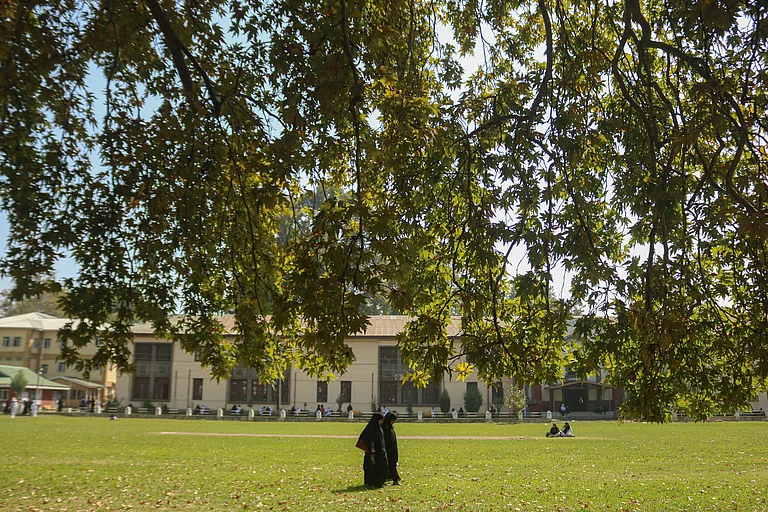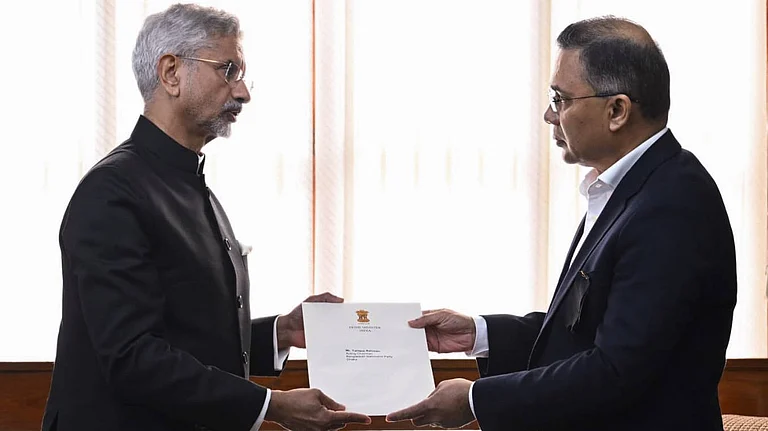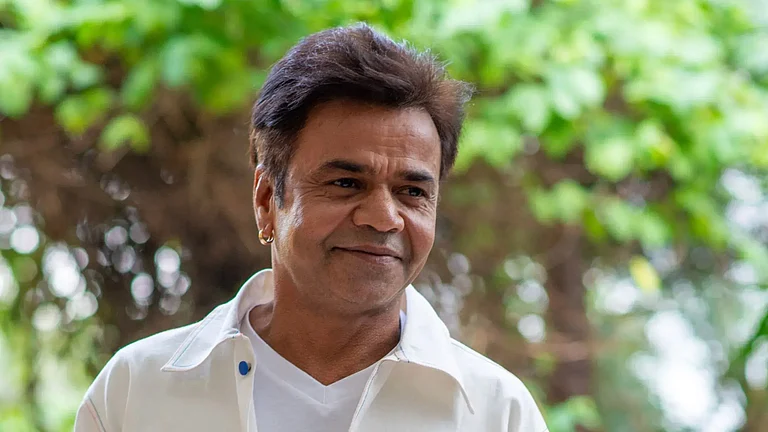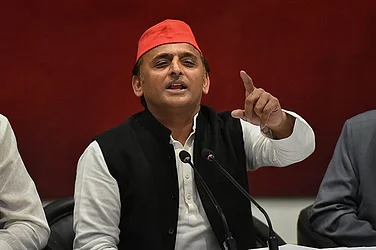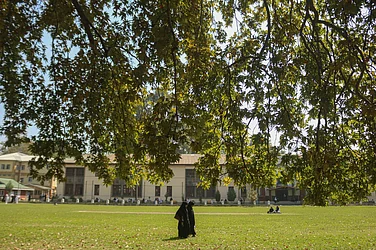The Delhi High Court on Monday voiced concern over lack of medical infrastructure for critical care patients in government hospitals here and asked the city government whether funds meant for hospitals were being transferred to some other projects.
The high court asked the Delhi government to file a status report giving details of the amount it has spent on strengthening the health sector in the last five years.
A bench of Acting Chief Justice Manmohan and Justice Manmeet PS Arora was informed about an incident on the intervening night of January 2-3 when a man who jumped out of a moving Police Control Room (PCR) van died after being denied treatment by four government hospitals.
The bench, which was hearing a PIL it had initiated on its own in 2017 about non-availability of ICU beds and ventilators in government hospitals here, was told by advocate Ashok Aggarwal, who has been asked to assist the court as amicus curiae in the matter, that the man was denied treatment by three Delhi government and one central government hospital on different pretexts including non-availability of ICU/ ventilator bed or CT scan.
He was taken to the Delhi government-run Jag Pravesh Chandra Hospital, Guru Teg Bahadur Hospital and Lok Nayak Hospital and Centre’s Ram Manohar Lohia Hospital.
The bench questioned the Delhi government counsel why accident victims were not getting admission in hospitals and how it could be that no ventilator beds were available in all these hospitals.
“Where are things going wrong? Is proper infrastructure not there? Why are beds not available, what has happened in recent years? Just imagine, in four hospitals a person does not get admission,” Justice Manmohan said, adding the issue was that “infrastructure was not keeping pace with the demand of the growing population of the city”.
The court remarked that earlier the situation in the city was not like this and, in an accident case, admission was immediately granted in the nearest hospital.
The counsel for the central government said augmenting medical facilities was required, and sought time to get details from the authorities on the issue.
“You create a portal but facilities are not available. If a patient is not given a bed in four hospitals, this means there is a shortage of beds overall. You ensure that at least in all districts beds are available at some place for accident victims. Accidents can happen anywhere and at any time,” the bench said.
The court also asked whether funds meant for hospitals were being diverted to some other projects, and directed the Delhi government to find out and give details at the next hearing.
“At times, the budget sanctioned for healthcare augmentation gets diverted for other projects. Budget, normally, percentage wise might not have come done but has it been diverted to somewhere else? At times funds get diverted. What happens is that hospitals are not getting augmented and some other project of yours is getting augmented. It should not happen like this. The problem today is critical care patients are not getting attention. You will have to increase the budget,” it said.
The court asked the Delhi government to explore the feasibility of setting up a central portal which would indicate on a real-time basis the number of beds available in Delhi hospitals.
In December 2023, the court had observed that medical infrastructure in Delhi was inadequate and the number of hospital beds insufficient.







